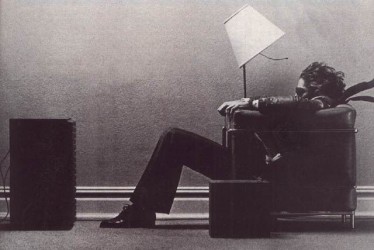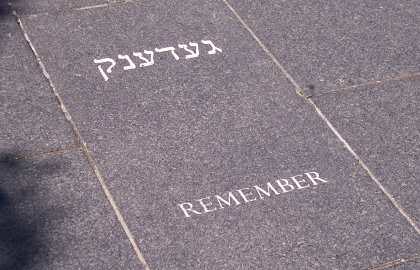Also, here's a copy of the story "Balancing Christmas." God Bless You and Merry Christmas.
Balancing Christmas
An early morning quiet covers the house as I sit alone on the couch with my Bible and
coffee. A steady rain falls outside. The house is dark except for my reading light.
I place my Bible on the table by the lamp & look up to see the darkened Christmas tree. My
heart is thankful to God for the blessings represented by each ornament on the tree. Images in
plastic, glass, paper, & ribbon colorfully adorn the evergreen in the corner of the den. Each
three-dimensional picture recalls the fond memories of friends, family members, students, &
others dear to us from years gone by.
I notice that the ornaments are clustered together toward the bottom of the tree again.
When we hang them, Beth tries hard to help the children spread them all over the tree. She
reminds Joshua & Meg to balance the decorations evenly all over the tree. It is difficult
because they get excited about putting up the ornaments. Their hands work quickly when it is
time to decorate—moving faster than her admonishments. When the decorating is finished, the
ornaments are bunched together on the lower third of the tree. The bottom branches bend
under the weight of several decorations on each branch. The tight cluster of adornments
seems to stop about eye-level for the children. I smile inside. I realize that the cluster of
ornaments will move up over the years. It will steadily grow a little higher each Advent. As
the children grow in age & stature, so too will the
“waterline” of our ornaments rise.
The tree is crowded with ornaments. I saw a tidbit that purported the average tree to have
75 ornaments. I think we’re overachievers. But there will be a day when the children will
have their own homes with their own trees. They will take many of these ornaments with them
to get their own Christmas decorations started. Like taking the cuttings off of a tree to allow a
new tree to take root, we will encourage Joshua & Meg to set their own roots of Christmas
traditions.
Our tree may look a little bare that year. Alone, Beth & I will space out the ornaments
evenly all over the tree. She’ll remind me to make sure we have a balance of sizes & colors &
shapes all around the tree. We’ll even make sure to cover the back—so you can see them out
the window too. And as we pick up each ornament we’ll tell a little story about them: where
we got it, when we got it, & fondly recall the giver. Maybe when Beth isn’t looking I’ll cluster
up a bunch of ornaments toward the bottom of the tree. I’ll remember a morning in a dark,
quiet house when everyone else was asleep & our Christmas tree was beautifully and
wonderfully out of balance.
















